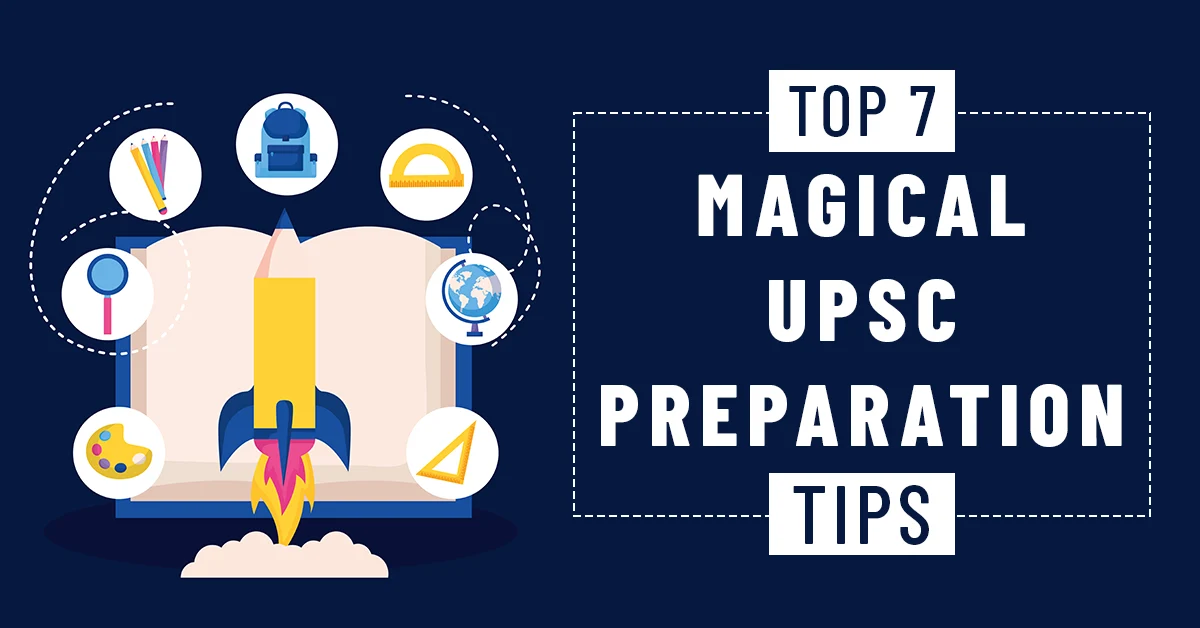Making effective notes for the IAS Exam is an essential part of preparing for one of India’s toughest competitive exams. Taking the right approach to your note-taking can be the difference between success and failure in your UPSC preparation. With proper IAS coaching in Delhi, you can learn how to make effective notes that will help you succeed on your IAS Exam.
Preparing for the Indian Administrative Service (IAS) exam can seem overwhelming, but one important strategy to help you succeed is to make effective notes. Taking good notes while studying can help you remember more information, structure your thoughts, and stay organized. In this article, we’ll discuss the importance of taking effective notes for IAS exam preparation and some tips on how to get started. We will discuss how to make effective notes for the IAS exam.
Understanding the Importance of Note-making for IAS Exam
Effective note-making is a crucial aspect of preparing for the IAS exam. It not only helps in retaining information but also saves time during revision. One effective technique for note-making is using mind maps. Mind mapping involves creating diagrams that connect ideas and concepts to each other, making it easier to remember them. Additionally, it allows for better organization of information.
Another technique is the Cornell method of note-taking. This method involves dividing your notebook into two columns: one for notes and another for keywords or questions related to those notes. After taking notes in the first column, you can summarize them in the second column with keywords or questions that help you remember what was discussed.
Effective note-making plays a significant role in cracking the IAS exam. By incorporating techniques like mind mapping and the Cornell method of note-taking, students can improve their retention and recall abilities while saving valuable time during revision periods. Best IAS coaching institutes in Delhi can make you understand more about effective note making.
Planning and Preparing for Note-making
Before you start making notes, it is essential to plan and prepare. Written below are some steps that you follow.
Understanding the Syllabus
The first step is to understand the syllabus thoroughly. Go through the entire syllabus and break it down into smaller topics. This will help in creating a framework for your notes.
Identifying Relevant Study Material
Once you have a clear understanding of the syllabus, it is time to gather study material. Identify relevant books, journals, articles, and other sources that will help in covering the syllabus comprehensively.
Organizing Study Material
Organize the study material based on the syllabus and the topics you have identified. This will help in creating a clear picture of the information you need to cover.
Techniques for Effective Note-making
Effective note-making requires specific techniques that will help in organizing information and retaining it. Following are some methodologies you can use:
Mind-mapping
Mind-mapping is a visual technique that involves creating a diagram of the topics and subtopics. It helps in organizing information and identifying relationships between different topics.
Cornell Method
The Cornell method is a structured note-taking technique that involves dividing the page into three sections: notes, cues, and summary. This method helps in organizing information and identifying important points.
Outlining
Outlining involves breaking down the topics into subtopics and creating an outline of the information. This helps in organizing information and identifying important points.
Highlighting and Underlining
Highlighting and underlining are simple techniques that involve marking important points in the text. This helps in identifying and retaining important information.
Tips for Effective Note-making
Apart from the techniques mentioned above, there are some general tips that you can follow to make effective notes:
Keep it Simple
Simplicity is key when it comes to note-making. Use simple language, short sentences, and bullet points to make your notes more readable and easy to understand.
Use Colors
Using different colors can help in organizing information and making notes more visually appealing.
Use Abbreviations
Using abbreviations can help in saving time and space while taking notes.
Review and Revise
Review and revise your notes regularly to ensure that you have retained the information.
Conclusion
In conclusion, making effective notes for IAS exam is a crucial aspect of the preparation process. Notes serve as a quick reference guide and help in retaining information for longer periods. It is important to make notes using one’s own words rather than simply copying from textbooks or lectures.
One should aim to write concise and clear notes, avoiding any unnecessary details. It is also essential to revise and update notes regularly, adding new information or removing irrelevant points. Organizing notes based on topics and sub-topics can further enhance their effectiveness.
Ultimately, the key to success in the IAS exam lies in consistent effort and smart study techniques like note-making. By following these tips, aspirants can create comprehensive and impactful notes that will aid them in achieving their goals. Undoubtedly, Civil Service Coaching Centres in Delhi helps you get prepared for the most coveted exam in India, but it all come down to your own effort and intellect, which decides your success.
FAQs
- Can I use online resources for note-making?
Yes, you can use online resources, but make sure to cross-check the information with other sources. - How many notes should I make for a single topic?
There is no fixed number. Make notes as per your understanding and the amount of information you need to cover. - Should I make notes in my own words?
Yes, it is always better to make notes in your own words




